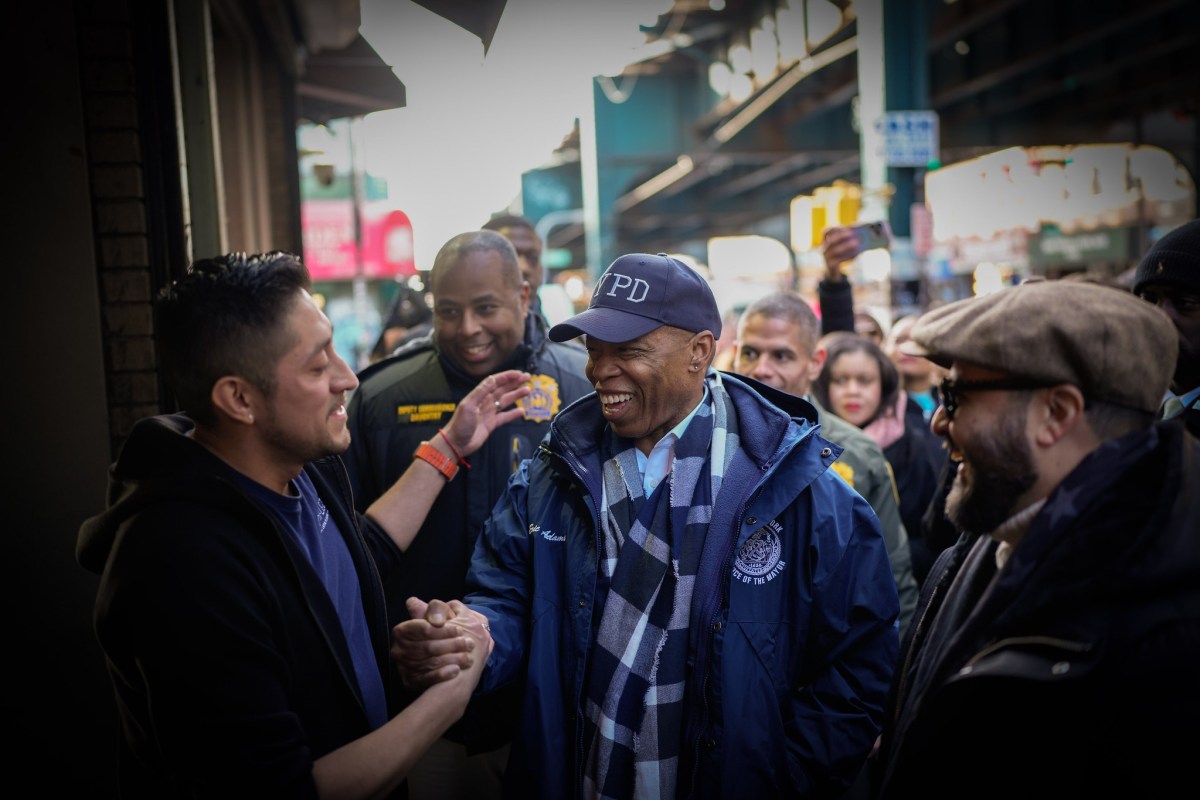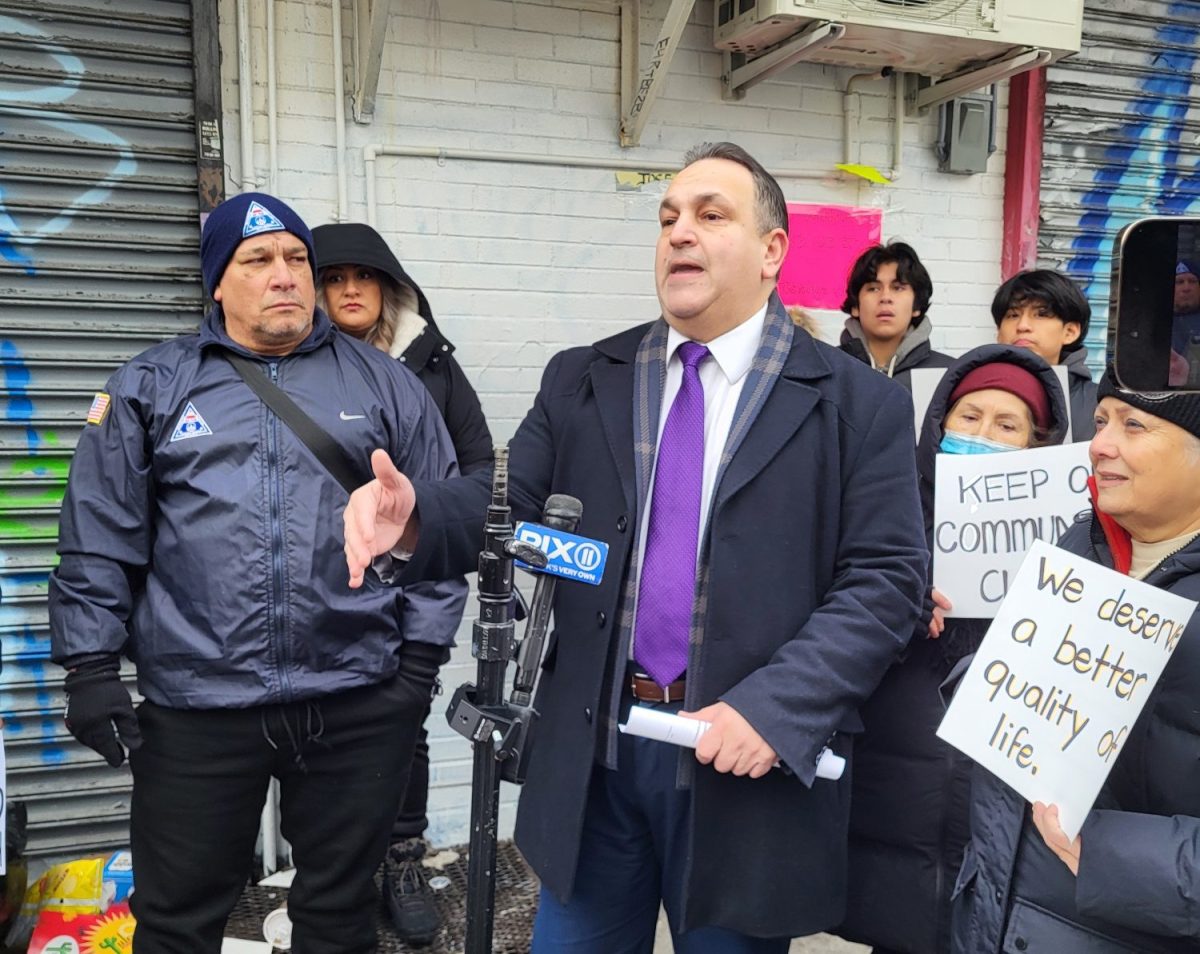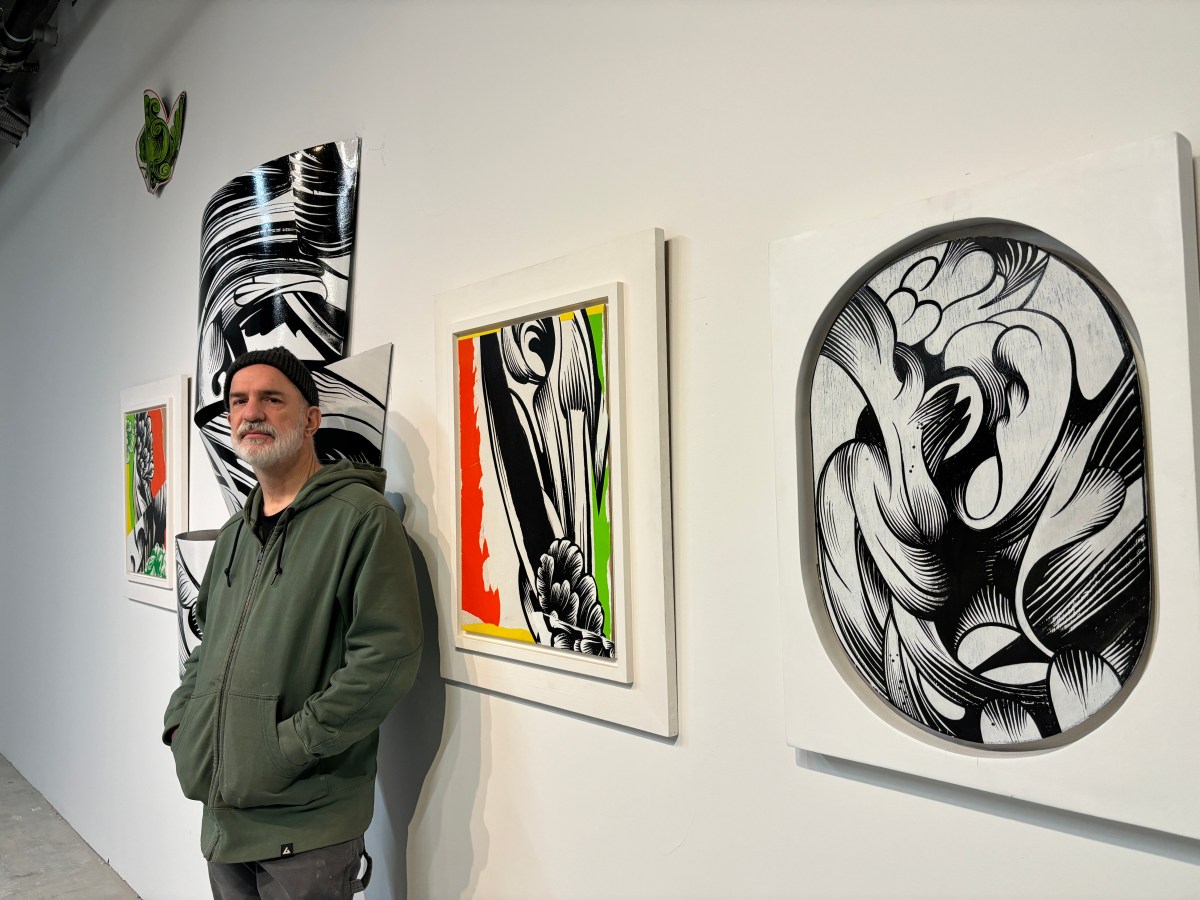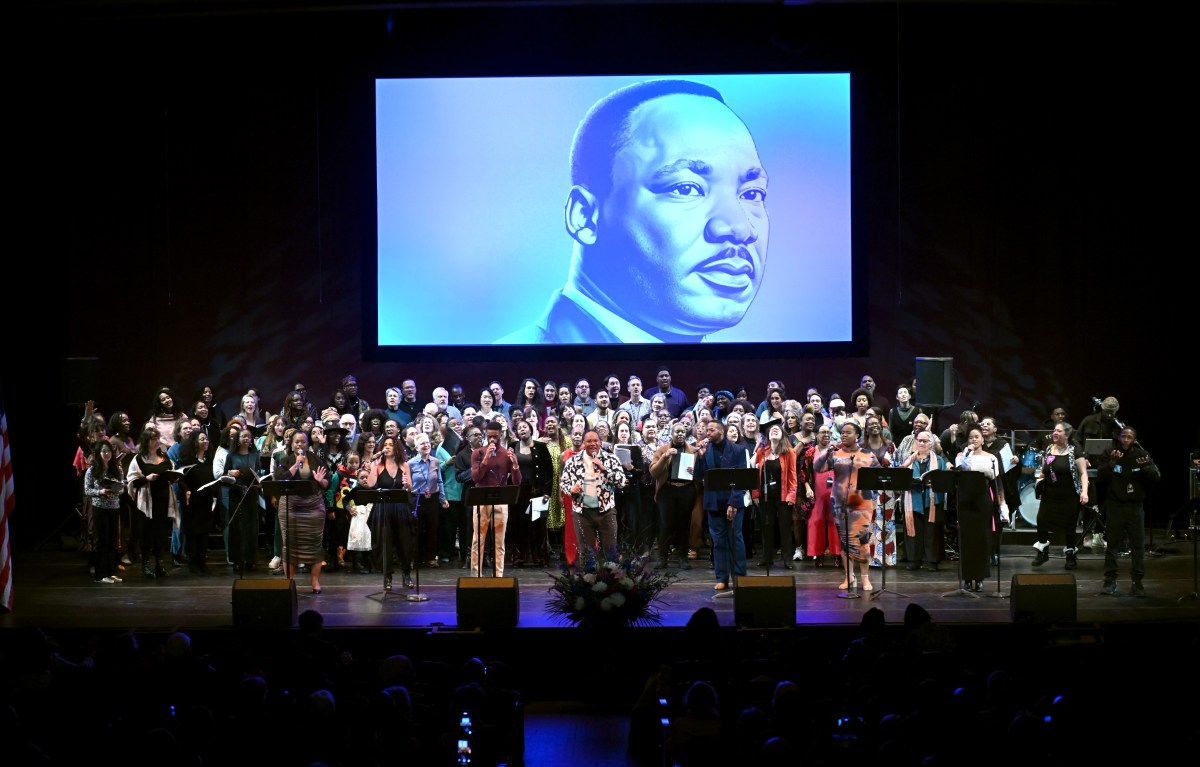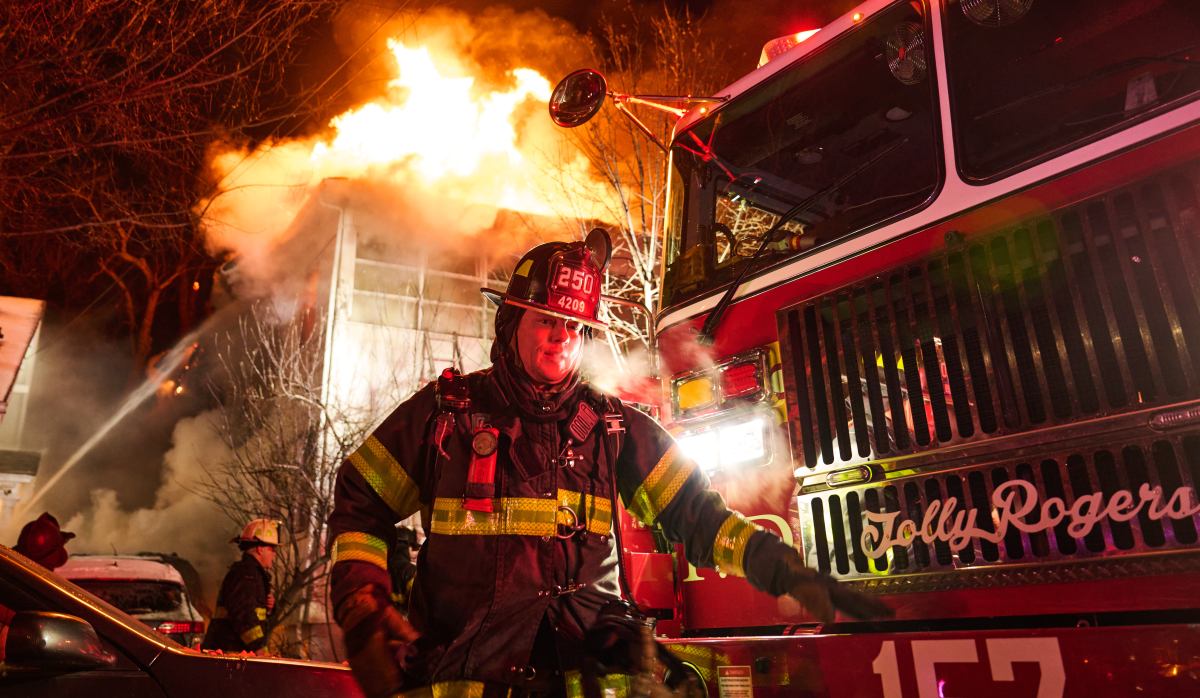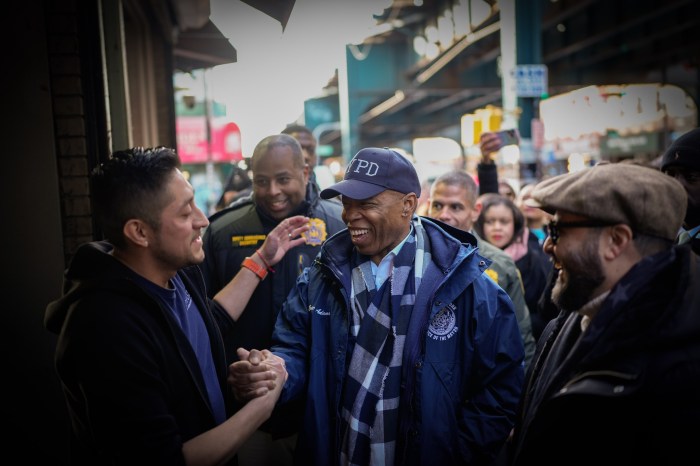
Yu Mein “Kenny” Chow was the type of man who skipped end-of-shift meals with fellow taxidrivers in Chinatown. Instead, he’d grab takeout and drive it home to his family.
He had money to make. Driving a cab is fun when you’re making money, scoring the big trips from Kennedy or La Guardia airports to Connecticut or New Jersey, coasting with the meter ticking. It’s less fun when you’re stuck in traffic, with the bad math clouding your head.
Like: the $3,500-a-month mortgage for the medallion that let Chow operate the taxi in New York City. Other people buy and sell medallions in bulk for profit. Chow took out a $700,000 loan for his in 2011. They’ve since plummeted in value. Add to his monthly costs another $1,500 or so for gas, car maintenance, and other fees, meaning he had to make around $60,000 a year before earning a cent of profit.
Bad math
Factor that against the $300 or less a day in gross earnings he often pulled in recently, in a tougher environment given the competition from Ubers and Lyfts, and the traffic. Meaning 10- or 12-hour days, seven days a week, longer than Chow was supposed to work, but how else do you make money?
Meanwhile, other costs piled up: for part of his daughter’s college tuition, after scholarship. The price and heartache of his wife’s medical treatment, for stage-four colon cancer. A separate mortgage of around $2,000 a month for the home in Oakland Gardens, Queens, a nice house on a quiet block with a little green yard and a neat covered porch in the back, chair and tables, a cluster of brooms, plenty of parking, a peaceful place. Far from the passenger-hunting streets.
The arithmetic overwhelmed Chow. The 56-year-old immigrant from Burma went missing in May, and his body was found in the East River at the end of the month, an apparent suicide. Chow’s funeral was held Friday, after the latest in a string of suicides by struggling cabbies in NYC. His cab stayed parked outside his house in Queens.
It’s hard to sit in that car all day, says Chow’s older brother, Richard, 59, also a cab driver. There are the obvious obstacles: the rude passengers late for whatever. The late-night drunks who throw up out of windows or onto seats. Richard once had a passenger who vomited down the slit of an open window — a nightmare to clean.
There is the constant stiffness in your back and your right leg, pressing on gas and break for hours. You can’t eat or drink much because then you’d have to stop working to go to the bathroom. You might get a ticket.
There are the passengers on their phones or texting, ignoring the human up front who might benefit from a little conversation, making it easier to stay alert and awake at the wheel.
“We are tired,” says Richard.
And then there is the money. Parked at a taxi stand in Manhattan, Richard shared information about his brother’s finances by pulling a marble notebook from a nook next to his seat, opening to a page overflowing with six-digit numbers. These are Kenny’s debts, which Richard tried to refigure before they overwhelmed his brother. There were other options, Richard had told him: declare bankruptcy, accept money from Richard and other siblings to get out from under his medallion obligations, become a “free man,” Richard said.
Kenny did not want to take money from his family. He became more and more depressed.
Struggling to find the road
He was a quiet man. He kept to himself — he was busy. Neighbors heard the back-up beep of his car in the morning as he headed out for a shift. A little small-talk, then he was gone. In the winter, he had a snow-blowing machine he’d use to clear neighboring sidewalks, unasked. He wouldn’t accept money for the gas it used.
On the job, sometimes the brothers would pass each other on an avenue, wave and smile before the other car disappeared. Or they’d run into each other at the airport waiting areas, pacing around to stretch their legs before hitting the road again. They’d talk about Kenny’s problems. He was worried about his wife, his finances, the future. He couldn’t sleep. Richard tried to convince him to go to the gym. He gave him a set of Buddhist meditation beads to occupy his fingers. Breath in, breath out. Close your eyes. Richard does it himself while telling the story of his brother’s life, taking his beads from the sunglass case above the dash.
It didn’t work for Kenny. Perhaps the debt became overwhelming, the lack of traction even with all the work: more than 4,500 trips in 2017, more than 1,600 already this year, according to the Taxi & Limousine Commission. He could do little more than break even.
Richard says other cab drivers who paid high prices for their medallions before the rise of ride-hailing cars are facing similar troubles. Some are pushing for a smaller ride-hailing fleet, or some sort of large-scale help for the drivers trying to make a living. “We have a very hard time,” Richard says. “We need some fairness for the yellow cab owner.”
When Kenny died, his brother said, he still owed $580,000 for his medallion.










